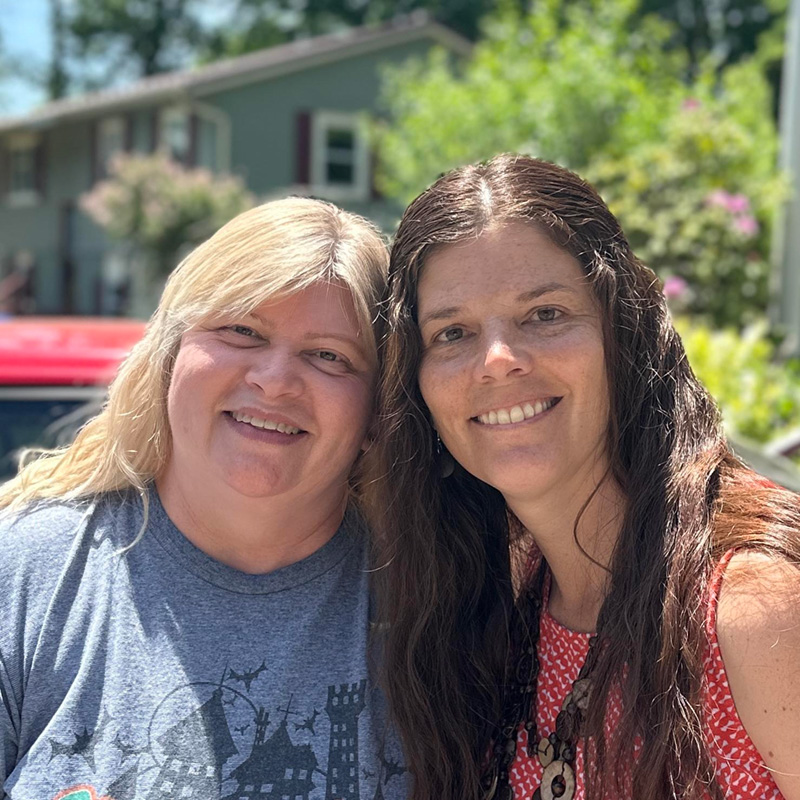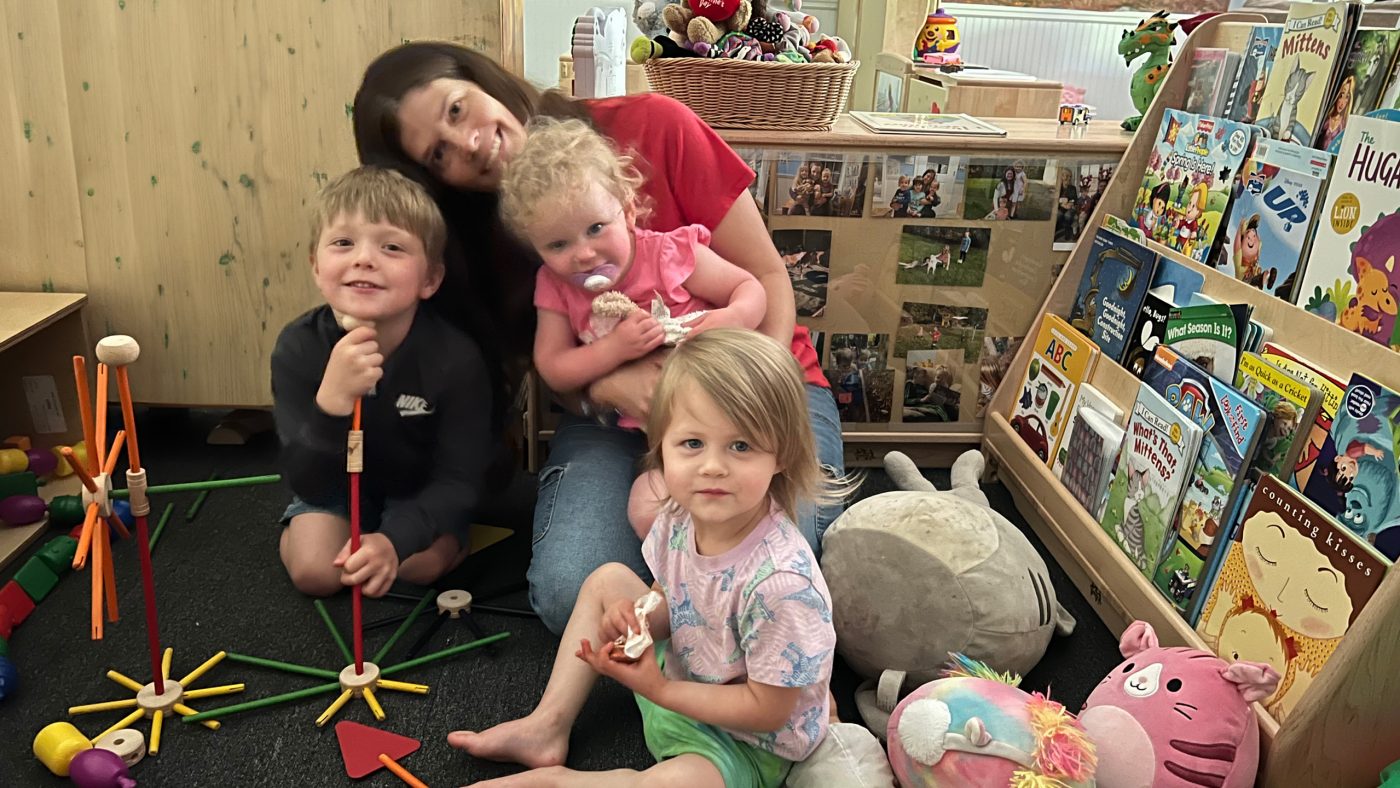In upstate New York, like many other parts of the country, the supply of child care has failed to keep pace with the demand. For example, Warren County lost 40% of its slots after the pandemic and one provider told her local paper, “I get calls almost every day about openings.”
Another provider quoted in a recent report by the Cornell University School of Industrial Labor Relations Co-Lab said, “Many of the day cares are not operating at full capacity because we don’t have the workforce. So, even people who are eligible for child care can’t find it.”
With child care, quality goes hand in hand with quantity, and as demand grows, the state’s quality rating and improvement system, QUALITYstarsNY, is supporting nearly 2,000 center-based child care and Pre-K programs, school-based Pre-K programs, family child care businesses and Head Start/Early Head Start programs as they get off the ground and provide high-quality care.
The key word is “supports.”
“The providers,” says Quality Improvement Specialist Sarah Gould-Houde, “are the most important people that we have. We’re here to help them grow and improve their operations.”
It works like this. When a program joins, it’s matched with a Quality Improvement Specialist, and they work together to reflect on their program’s strengths and challenges through the framework of the research-based quality standards. Instead of quick checklist-based visits once a year, Gould-Houde and her colleagues meet frequently and regularly with providers. (Read more about the quality improvement process.)
Home-based providers often lack the professional networks that drive quality, but the three spoke to value QUALITYstarsNY—and especially Gould-Houde—for the partnership, ideas and research-based insights. Just as important is their ongoing mutual support through text and occasional meet-ups at ice cream parlors, which have the effect of helping them recognize themselves as professionals.
👉 New Research Shows Star-rating Systems Can Drive Improvement At-Scale
“The delight and insight they get from their camaraderie is invaluable,” says Gould-Houde. “Their networking will have an impact on their overall programming and support them with their drive for quality.”
The three operate within an hour’s drive of each other. “We just feed off of each other and support each other,” says Carla Seeley, a 28-year veteran of child care with an in-home site in Ballston Spa, N.Y., called ABC Daycare.

Recognizing that star systems make some providers apprehensive, Gould-Houde encourages them to remember that even a single star is a mark of quality, adding that the experience of participating in QUALITYstarsNY is about working toward goals aligned with standards, regardless of rating.
In spite of Seeley’s ample experience, she continues to attend training sessions online and in person, logging 158 hours in 2023. QUALITYstarsNY, she says, “Helps you get funding for classes and conferences. They help you upgrade your plastic toys. They help you get high-quality materials for your program.”
👉 Strengthening Systems by Embedding Equity When Defining Quality
Gould-Houde consults with Seeley on setting goals for improving and expanding her business, such as using lesson plans that include developmental goals and opportunities for individualized learning. She has also been working on implementing interest centers from the Family Child Care Environment Rating Scale.
Seeley is also completing an addition that will not only enable her to accommodate more children but also to maintain a workspace separate from her living space. “For the first time,” she says, “I’ll be able to actually go home at the end of my day.” Her next goal after that: a bigger yard with better equipment.
Laura Rysedorph started Tiny Talk Daycare in Stillwater, N.Y., after losing her job just before returning to work after maternity leave. On a Facebook group, she found Seeley—the unofficial den mother of this cohort—who introduced her to QUALITYstarsNY. “I met with Sarah,” she recalls, “and it opened my world to so many different things. She has been extremely helpful with challenging behaviors as well as contracts and other paperwork. I really feel she’s there to help me grow.”
👉 The Movement to Reconsider QRIS
Adjacent counties within New York State might have different regulations, Rysedorph says, and she values the members of her cohort for the way they can bounce ideas off each other regarding the best ways to comply.
Jennifer Sutherland of Schuylerville, N.Y., has worked in early education since 1999, opening Country Kids in her home in 2006. “I’m constantly trying to find ways to improve my program,” she says. “My work is my passion, but it can also be very isolating, and that’s where QUALITYstarsNY comes in.”
Sutherland benefits from the energy and support of the providers in her cohort as well as Gould-Houde’s one-on-one attention. “It’s about my individualized goals,” she says. “Instead of telling me what to do, she asks, ‘What do you want to work on first, and how can we get you there?’”

Mark Swartz
Mark Swartz writes about efforts to improve early care and education as well as developments in the U.S. care economy. He lives in Maryland.



